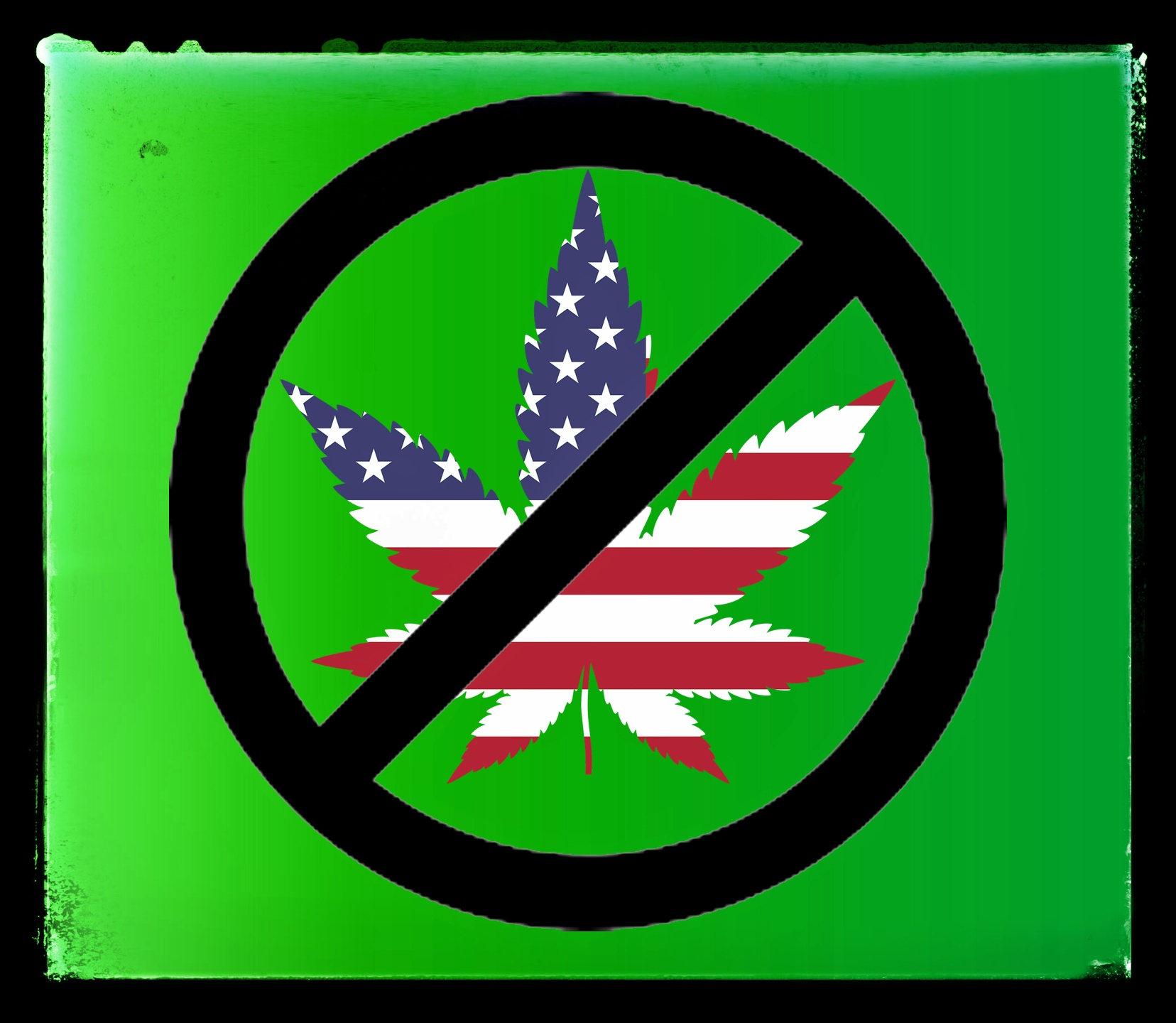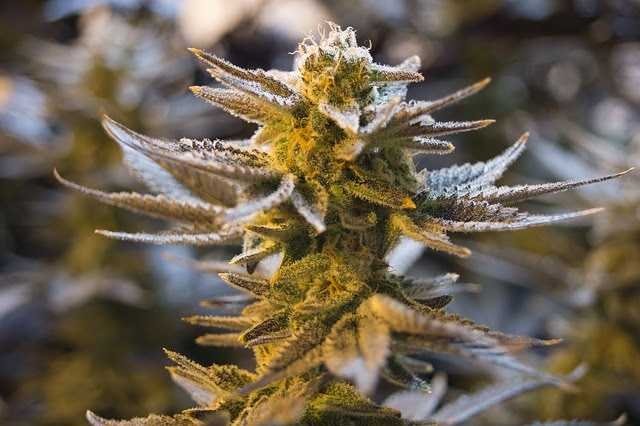As more states opt for medical marijuana, decriminalization, and recreational use among adults, the law of land has remained steadfast in its position that Marijuana is illegal under federal law. The legal aspects surrounding medical use as well as recreational use has been laced with complications for states whose citizens voted for legalizing the drug, whether for medical use, recreational use, or both.
Marijuana Classification
The legal history of cannabis in the United States began with restrictions in 1906 and outright prohibitions in the 1920s. By the mid-1930s, 35 states had adopted the Uniform State Narcotic Drug Act. The first national law was the Marihuana Tax Act of 1937. In 1970, the Controlled Substances Act (CSA) classified cannabis as a Schedule I drug, failing to distinguish between hemp and marijuana—an oversight with huge consequences for the hemp industry.
Attempts to reschedule marijuana have failed. The U.S. Supreme Court upheld federal authority in United States v. Oakland Cannabis Buyers’ Cooperative and Gonzales v. Raich. Despite that, states began to diverge, starting with Proposition 215 in California.
As of 2025, medical marijuana is legal in nearly 40 states, and recreational use is legal in 24 states plus D.C. and several territories.
“As of 2025, medical marijuana is legal in nearly 40 states, and recreational use is legal in 24 states plus D.C. and several territories.”
A Changing Landscape?
Progress has been incremental. In 2018, the FDA approved Epidiolex, a CBD-based treatment for rare epilepsies. The DEA followed with an official statement placing FDA-approved CBD medicines with ≤ 0.3% THC in Schedule V.
That same year, Congress passed the Hemp Farming Act of 2018, which federally legalized hemp (≤ 0.3% THC). Around the same time, Canada legalized marijuana nationwide.
Support for legalization in the U.S. has only grown—driven by medical acceptance, economic potential, and criminal justice reform.
Marijuana Research
Despite growing evidence, marijuana’s Schedule I status still hinders research. In the U.S., studies require DEA licensing and complex approvals. For decades, the National Institute on Drug Abuse (NIDA) held a monopoly on research supply.
Cannabis contains over 100 cannabinoids, but classification limits our understanding of which compounds or doses are therapeutic. The National Academies’ report highlighted both potential benefits and risks.
Medical uses being studied include pain, anxiety, PTSD, multiple sclerosis, epilepsy, and even treatment of opioid use disorder. Some states now list “opiate use disorder” as a qualifying condition, challenging the old “gateway drug” narrative.
Risks remain: cannabis may worsen conditions like schizophrenia or bipolar disorder in vulnerable users and, in rare cases, provoke suicidal thoughts. Still, some studies suggest prior cannabis use may be linked to improved cognitive test performance in patients with psychoses.
The American Cancer Society and other groups support expanded research access. Until marijuana is rescheduled or de-scheduled, however, bureaucratic barriers will continue to slow scientific progress.
“As long as Marijuana is classed as a Schedule I controlled substance by the DEA, it will continue to deter the study of marijuana and cannabinoids through its imposition of strict conditions on the researchers working in this area.”
Why It Matters
Because marijuana is still federally Schedule I:
-
Research is restricted.
-
Cannabis businesses face banking and interstate commerce obstacles.
-
State–federal conflicts persist.
-
Medical potential remains underexplored.
With more states legalizing and public opinion favoring reform, federal law is increasingly out of step. Whether for medicine, economics, or freedom of choice, the U.S. must address this scheduling nightmare sooner rather than later.
NOTE: This article was updated in September, 2025 to reflect the most recent legal status of Cannabis , Hemp and Marijuana in the United States.



